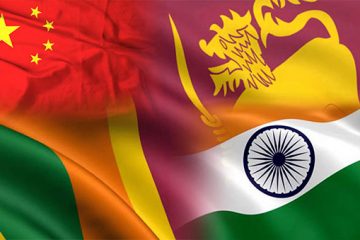
Caught in Indo-Chinese Crosswinds? Charting a Pragmatic Foreign Policy for Sri Lanka
Competition is a natural by-product of major powers navigating an anarchic world. Small states face a dilemma, when caught in the middle between two rivaling major powers. Sri Lanka in particular, has captured international attention as a key battleground between Beijing and New Delhi in their tussle for influence in South Asia. Whilst some scholars argue that the island is a personification of China’s ‘debt trap diplomacy,’ others contend that China’s influence should not be exaggerated, as Chinese lending amounts to less than 15% of Sri Lanka’s total external debt. Concerns over Sri Lanka’s sovereignty have been rife following the US $ 1.12 billion debt-to-equity swap of the Hambantota Port Agreement and the proposed lease of the Mattala International Airport …
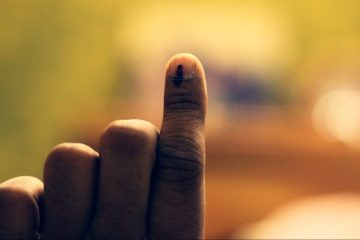
Cultural Citizenship in India: Politics, Power, and Media
My new book Cultural Citizenship in India: Politics, Power, and Media (Oxford University Press, 2016) analyses the role which cultural participation, understood in terms of media representation, plays for citizenship. Drawing on the hypothesis of Mitra (2012), that citizenship is a two-dimensional concept, comprising of a legal right to the soil and a moral affiliation to it, the book explores the question of the ways in which people ‘belong’ to a nation as citizens. Based on the assumption that the nation is an imagined community created through discourse (Anderson, 1983), the moral side of citizenship is understood in cultural terms, and in analogy to the two-dimensional model noted above, is explored in terms of the rights and duties granted to groups …
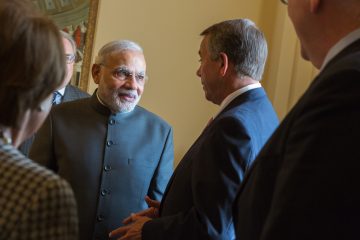
Why has “ISIS” so far Failed in India?
The so-called Islamic State of Iraq and Syria (ISIS)/Daesh is a relatively new terror organisation, but one with large and gruesome ambitions. Their activity in the Middle East, European capitals and American suburbs gain most of the headlines, but areas of Asia and Africa are hardly immune. On paper, India looks vulnerable. It is part of the imagined Khorasan territory of the ancient caliphate that ISIS seeks to recreate. It has the third largest Muslim population in the world, the majority of them Sunni. Some fear this population is a fertile recruitment ground for radicalization. Though ISIS vows to wipe out the Shia Muslim and Hindu populations in the country, to date no attack has taken place within India. The …
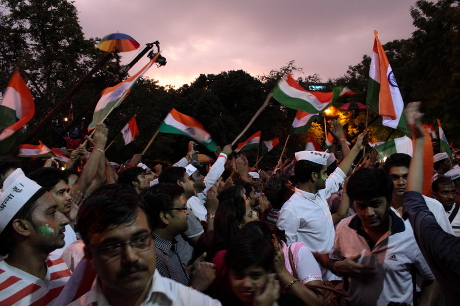
A Reformed Role Model: India is becoming a reluctant promoter of rights
When it comes to human rights, India is a paradoxical case. On the one hand she is praised as a regional standard-bearer, too-often celebrated as ‘the world’s largest democracy’ and applauded for protecting rights when her neighbours do not. On the other hand, the rights community is unanimous in its condemnation of India’s human rights record. Brutal oppression in Kashmir, state mandated ‘encounters’ (unlawful killings) and the violations of tribal land rights are but three of the recurring complaints made of India’s human rights protection record.
The picture is more complicated when it comes to international relations. For many, including Salil Shetty, the Secretary General of Amnesty International, India’s rising power status brings with it a greater responsibility to promote rights internationally. Meenakshi Ganguly, South Asia Director of Human Right Watch, said something similar in in a recent high-profile piece: urging India to do more to secure rights globally.
Of course India should do as much as it can to encourage rights protection beyond its borders. But such conclusions fail to explain why India is a reluctant partner in the international effort to protect rights. Perhaps the most instructive question is ‘is it in India’s interests to promote rights globally?’.
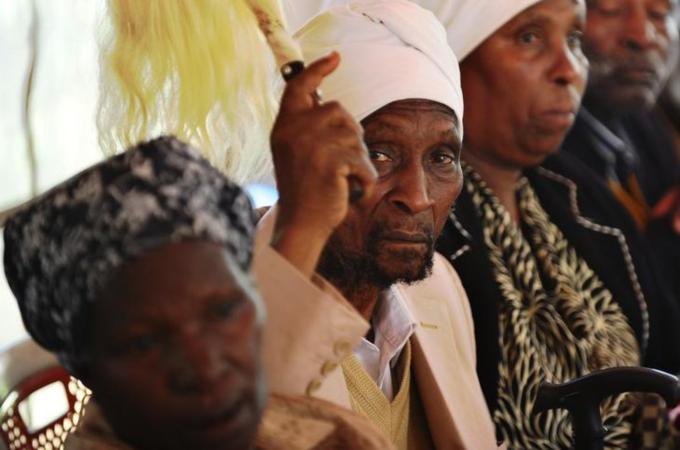
Mau Mau to Midnapore: A jittery UK government reveals itself before potential claims of former victims of the empire’s brutality
In August 1995 I wrote an article in The Spectator in Britain which the magazine titled “Enough Guilt for Everyone”, with the tagline: “The British demand apologies for Japanese atrocities, but never examine their own misconduct in Asia.”
I had been driven to write the article by the avalanche of media coverage that year in the United Kingdom about the fiftieth anniversary of the end of the Second World War, which endlessly claimed that Britain had been fighting for freedom and democracy during that war, and that the Allied victory was nothing short of the triumph of good over evil.
But the fact that a country which held a quarter of the world’s population in colonial subjugation could not possibly be fighting for the principles of “freedom and democracy” eluded most British commentators, who seemed high on a rush of patriotic fervour. It was unclear why so many in the UK were still clinging to this level of hypocrisy, which was both absurd and unnecessary.
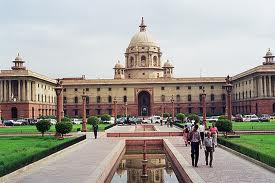
Deepening Democracy in India: Fine-tuning rules and procedures to strengthen parliamentary oversight on the government
The Deepening Democracy report by the Global Commission on Elections, Democracy and Securitydiscusses the importance of improving the integrity of elections. While fairness, funding and conduct of elections undoubtedly is a concern that citizens espouse worldwide, that in itself may not be a panacea to fulfil the function of representative democracy. Sometimes democracy itself is undermined in democratically elected Parliaments due to rules biased towards the elected government, and not giving sufficient power to opposition members and independent members of Parliament to voice their concerns.
Iran and the Nuclear Negotiations in Moscow: The ‘give and take’ of sensitive technology
“Until recently having or not having nuclear weapons appeared to be and was treated as a question of yes or no”, wrote Thomas Schelling in a piece called ‘Who Will have The Bomb’, written in 1976 following India’s first use of a ‘peaceful’ nuclear explosive (PNE). “From now on it will make more sense to describe a country’s nuclear-weapons status not with a yes or a no but with a time schedule”. When this was written, India’s first PNE was viewed by the international community as a lesson learned; it was clearly an example of sensitive technology and nuclear material for peaceful purposes being diverted towards military use. It was alleged that the Indian test had been carried out using plutonium from the CIRUS …
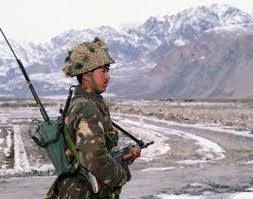
Madness over the Himalayas: Time to demilitarise the Siachen Glacier
For nearly three decades, India and Pakistan have engaged in a maddening conflict over Siachen Glacier in the Himalyan peaks of the disputed Kashmir region. The “world’s highest battlefield” has claimed thousands of lives due to hostile weather conditions—frostbite, avalanches and blizzards—along with over a hundred soldiers killed in sporadic combat until 2003, when the two countries agreed to a ceasefire across the Line of Control in Kashmir. The weather’s latest victims are 139 Pakistani soldiers who were buried deep in snow after an avalanche hit their Gyari battalion headquarters on April 7. Since then, the worsening weather has prevented the rescuers to gain access even to their dead bodies. Sustaining a conflict for so long at an altitude of …









